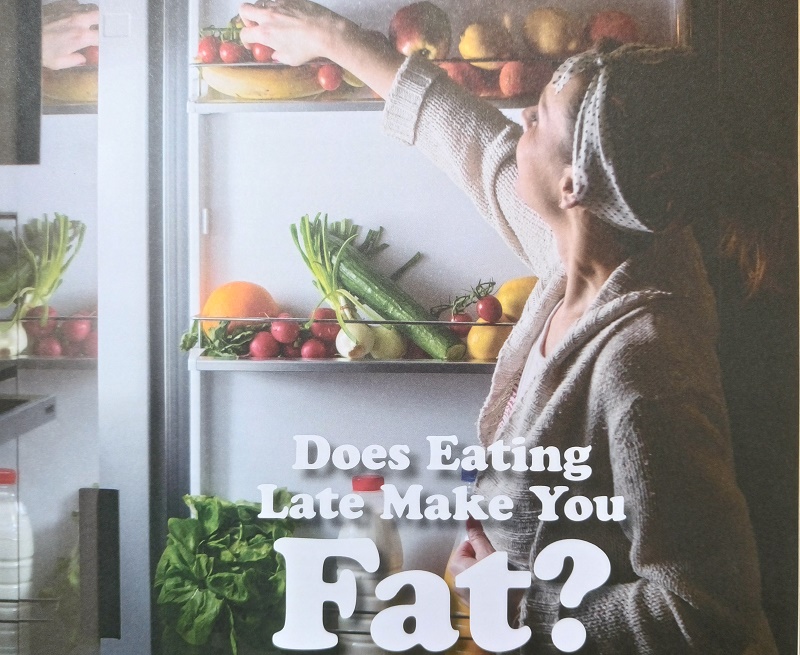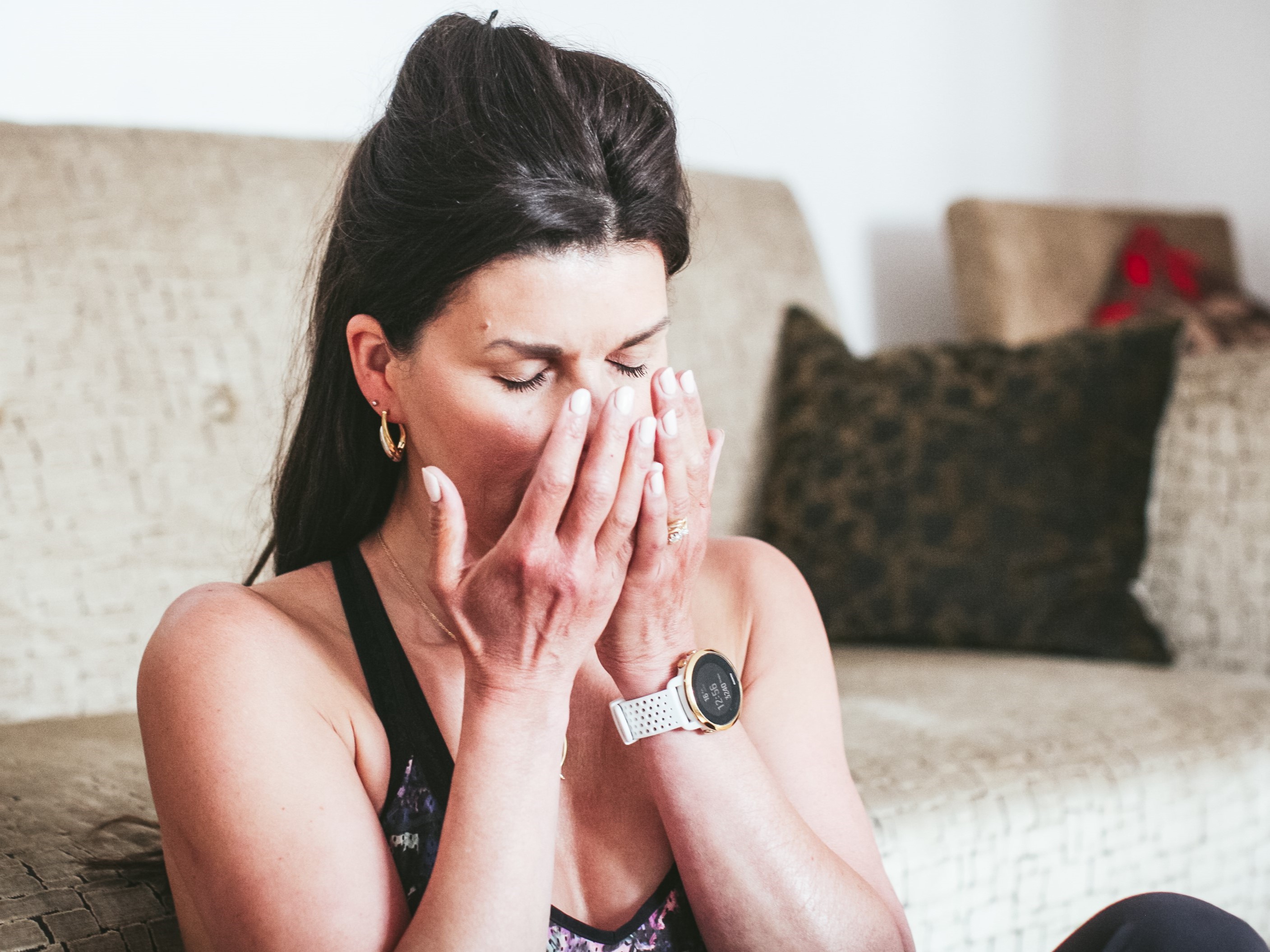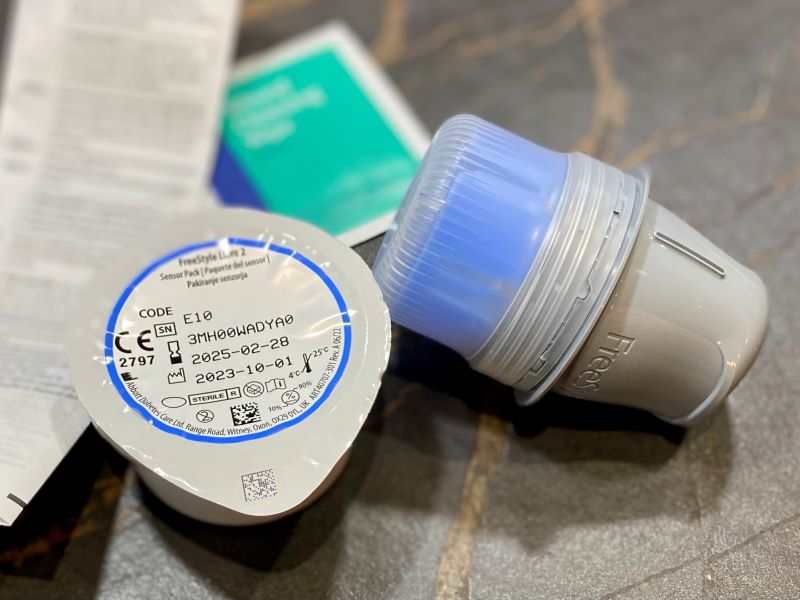I get asked this question a lot. Whilst I am all for clear and concise answers, there are a few things to weigh up when considering this conundrum!
Calories In versus Calories Out
Those who argue that eating late does not make you fat will often say that, as long as you balance calorie intake with expenditure, then it doesn’t matter when you eat. With the rising popularity of smart watches and fitness trackers it has never been easier to work out how many calories you consume each day. The average women needs around 1900 Kcals per day to maintain a healthy body weight (although this is dependent on your size and how active you are). In theory, if breakfast was a distant memory and lunch a “skinny latte” on the go, then it is reasonable to assume that by the time you’ve fitted in an evening yoga class and got home, you have some “catching up” to do. The problem with this scenario is that by the time you eat you’ll be ravenous and at risk of overeating. And, as every dieter knows, regularly exceeding your calorie needs will ensure you gain weight!
Blood Sugar Balance
Even if “back-end loading” your calories doesn’t drive you to binge eating, leaving a long gap between meals through the day and then eating your main meal late can cause massive disruption to blood sugar levels. Blood sugar is a readily available source of energy but levels need to be kept stable for both optimum physical and mental performance. Most of us recognise the signs of low blood sugar; a thumping head, constant yawning and feeling extremely irritable. Plus, when our blood sugar drops too low, we often experience intense cravings for something sweet – a sort of built-in safety mechanism to ensure blood sugar levels are topped up quickly.
But, eating a large meal, especially one laden with carbohydrates, will cause a surge in blood glucose and stimulate an outpouring of the glucose-regulating hormone, insulin. Insulin promotes the conversion of glucose to glycogen and increases the uptake of this glycogen by our muscles and liver, thereby lowering blood sugar. The muscles and liver have a finite storage capacity so even if you are “running on empty” before you eat, a heavy meal is likely to exceed storage capacity and the excess sugar in the blood will be converted to fat! So eating a large meal that contains lots of carbohydrate late in the evening, when activity levels have reduced, is likely to increase your risk of gaining weight.
Sadly the body is so efficient at packaging up excess sugar, that blood sugar levels can quickly drop too low again, triggering a cycle of “peaks and troughs” in sugar levels. This explains why feelings of hunger can return not long after eating cake, chocolate or desserts. It is also why many late eaters are tempted to continue snacking right up until bedtime.
The Cortisol Connection
Cortisol is an adrenal hormone that helps the body respond to stress; a dramatic drop in blood sugar will set alarm bells ringing and trigger an outpouring of this stress hormone. Cortisol mobilises sugar stored in the liver to increase levels of circulating glucose. Eating late means that this drop in blood could happen in the middle of the night leaving you restless and hot as your heart rate rises and other “fight or flight” mechanisms kick in. Sadly, as most of this released glucose is not really needed whilst you are trying to sleep, it gets redeposited and typically this is around your middle! So not only can eating late interfere with getting a good night’s sleep but by disrupting cortisol levels it can cause your waistline to expand.
Sleep Deficit and Metabolism
With TV, social media and online shopping all competing for our time, the temptation to “burn the candles at both ends” has never been greater. Back in 2004 researchers at Chicago University found that lack of sleep slows metabolism, whilst increasing appetite. Since then, there’s been growing evidence to suggest that lack of sleep and weight gain go hand-in-hand. Researchers from Wake Forest University discovered that people who regularly slept for less than five hours a night gained more than twice as much abdominal fat as those who slept for six to seven hours. They also found that people suffering from lack of sleep tend to eat more and move less!
Another problem is that later bedtimes often lead to later snacking and, eating whilst engrossed in sedentary pursuits that don’t burn many calories, means that it is easy to lose track of how much you consume and exceed your calorie expenditure. It also lengthens our daily “eating window”. Research carried out on mice by Dr Panda, a professor at the Salk Institute for Biological Studies, suggests that extending our eating window disrupts metabolism and leads to increased fatty deposits. Whilst data from human studies is still limited, the research team suggests that it’s not just what we eat but when we eat it that matters to our health.
So clearly there are some pitfall with eating late but, just as skipping breakfast can cause you to binge later in the day, skipping your evening meal may simply roll this behaviour into the following day. So, if you want to fit in a yoga class after work or, like me, you work in the evenings, what is the best way to ensure eating late doesn’t cause you to pile on the pounds?
Calorie Distribution
One of the main problems with eating late is the quantity of food that’s consumed. Spreading your meals through the day will reduce your risk of over-eating in the evening. And, choosing a light evening meal means you are less likely to wake in the night or the next morning feeling hungry and prone to making poor food choices. This strategy will keep blood sugar levels more stable throughout the day and night. It will also reduce physiological stress and, as a result, help maintain the natural diurnal cortisol rhythm.
What you Eat
Pivotal to this debate is what you eat. After a stressful day the body often craves high carb comfort foods as these help to boost levels of the feel good hormone, serotonin. Sufficient levels of this hormone promote relaxation and sleep so it is a good idea to eat some carbohydrate in the evening. However, to prevent blood sugar soaring, it is best to choose starchy vegetables and eat them alongside some healthy fats and protein. Good choices include sweet potato, brassicas, peas and beans. Legumes, quinoa and nuts also make excellent choices as they already contain protein; nuts are full of healthy fats too! Gluten grains have been linked to increased cortisol production so it is best to avoid these but you could choose gluten free options such as millet or buckwheat. If you find yourself eating really late then a bowl of vegetable soup or some steamed vegetables with a dollop of hummus might be all you need to keep you going to the next morning. You could also consider delaying your breakfast to keep within a tighter “eating window”.
Behaviours that make you fat!
But, what if you’ve spread your meals out through the day and eaten a balanced dinner yet still find yourself wanting to snack later in the evening? Often late snacking has got nothing to do with hunger and is more likely to be emotional eating with reasons including, boredom, anxiety and loneliness. Identifying what is really behind your snacking is the best way to curb this habit and prevent late-night munchies. Therefore, pausing to ask yourself if you need food or simply need to go to bed is often the best approach. Propping yourself up with caffeine will also destabilise your blood sugar and increase cortisol so keep an eye on how much tea or coffee you are drinking too.
So, eating late per se is unlikely to make you fat but your eating behaviours and food choices may well do; binge eating, unconscious evening grazing, and gorging on comforting carbohydrates and large meals late at night, will lead to you piling on the pounds. Plus, alcohol with meals will further disrupt blood sugar, interfere with sleep and add calories without any nutritional benefit. But, if you eat a modest meal that includes protein, healthy fats and complex carbohydrates, whilst also ensuring you get enough sleep, then there is no reason why eating later should cause you to gain weight.







